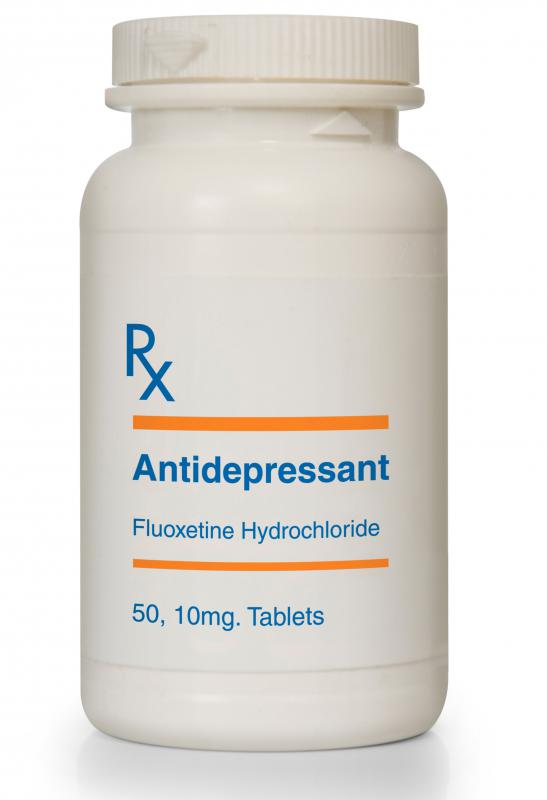At TheHealthBoard, we're committed to delivering accurate, trustworthy information. Our expert-authored content is rigorously fact-checked and sourced from credible authorities. Discover how we uphold the highest standards in providing you with reliable knowledge.
How Many Neurotransmitters are There?
A neurotransmitter is a specialized messenger chemical that transfers or sends information from one type of cell to another. Scientists have managed to identify over 100 neurotransmitters in the human brain alone, but evidence suggests we have significantly more than this number. An unfortunate aspect of not being able to identify all neurotransmitter cells is that researchers, especially those developing medications to act on specific messenger cells, can’t always determine why or how medications work or fail to work.
You’re probably familiar with some of the identified neurotransmitter names. These include dopamine, GABA, serotonin, acetylcholine, and norepinephrine. Each of these performs some specific functions in the body. For instance serotonin is indicated in mood stability, emotional response, and temperature control. Acetylcholine is a neurotransmitter that allows for the person to willfully or voluntarily use his or her muscles. While researchers can suggest the possible effects of certain neurotransmitters, they not only haven’t identified them all, but also are nowhere near determining all effects of the messenger cells that have been identified.

This is made very clear when people are given medications that should have an effect on a neurotransmitter. A variety of drugs focus on preventing the body from using serotonin too quickly and are called selective serotonin reuptake inhibitors (SSRIs). SSRIs are most commonly used to treat depression, and are helpful in preventing the body from using serotonin too quickly. When this neurotransmitter is in greater supply in the brain it tends to elevate mood, and you’ve likely heard the names of some of the common SSRIs like Prozac®, Zoloft® and Paxil®.

Theoretically, if serotonin were the only neurotransmitter responsible for depression, these medications would treat everyone. Yet many people with depression don’t respond to SSRIs. They may instead respond to medications that act on GABA, dopamine or norepinephrine. Some people have tried all these medications meant to alleviate depression and are still unresponsive to treatment. Failure to respond to treatment suggests we don’t fully understand the role of neurotransmitters in depression, and there may be unidentified messengers that create conditions like depressed or anxious states.

Since we don’t understand the precise mechanism of each neurotransmitter or the true number of all that exist, we also can’t understand how medications, foods, or environmental exposure may affect these chemical messengers. Scientists and researchers must make educated guesses based on what is known, but the plethora of unknown information on these cells equates these theories to trying to playing darts in total darkness. Sometimes the guesses are pretty good; SSRIs for instance are reasonably effective for a lot of people. Other times these theories fail to work, since we’re guessing about what is essentially undiscovered territory, and we have no idea what other effects might be caused by raising or decreasing levels of certain chemicals made by the body.

The mechanism and identification of neurotransmitters remains a fertile area of study in the sciences. If we could know precisely how many of these messengers we have, and exactly how they work, interact with each other, and drive the body, we might be able to effectively develop medications to treat numerous conditions. Until then, educated guesswork is relied upon by science and medicine.
AS FEATURED ON:
AS FEATURED ON:

















Discussion Comments
SSRI drugs and SNRI drugs hurt a lot of people the guessing is not working for many. Severe adverse reactions and horrid withdrawal have destroyed many lives.
The same neurotransmitter can act on cell A and cell B and initiate different results because A and B have different receptors for the NT.
Pharmaceutical companies make billions (and physicians follow their lead) misleading people about "known" relationships between neurotransmitters, mood and behavior.
How can the same neurotransmitters cause opposite effects in two different cell types?
Yes, I like your blog. hopefully can provide a solution for those who have concerns about neurotransmitters, GABA,dopamine and serotonin.
Thanks for the information, because this information on neurotransmitters is very profitable for developing my blog.
Post your comments